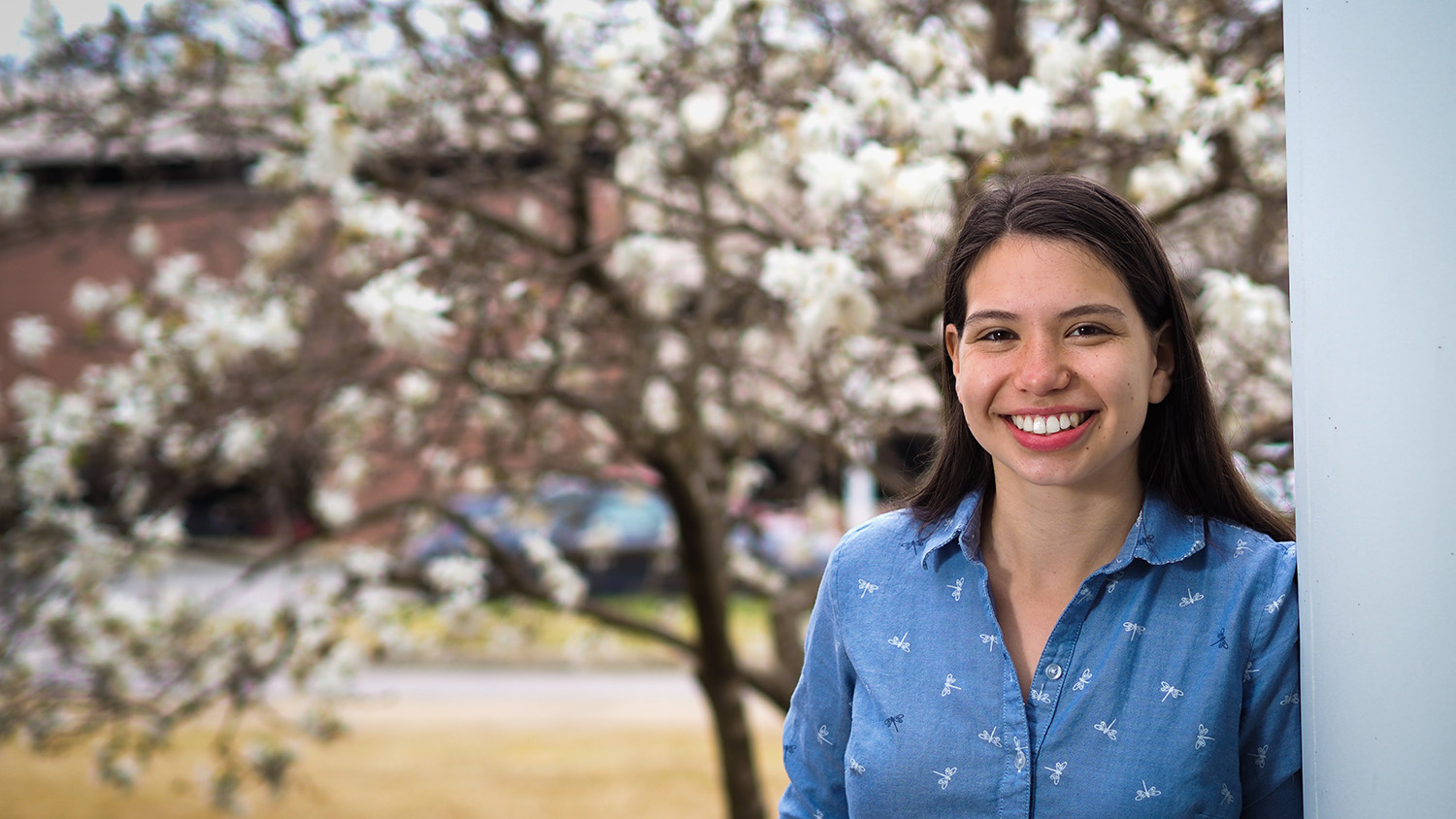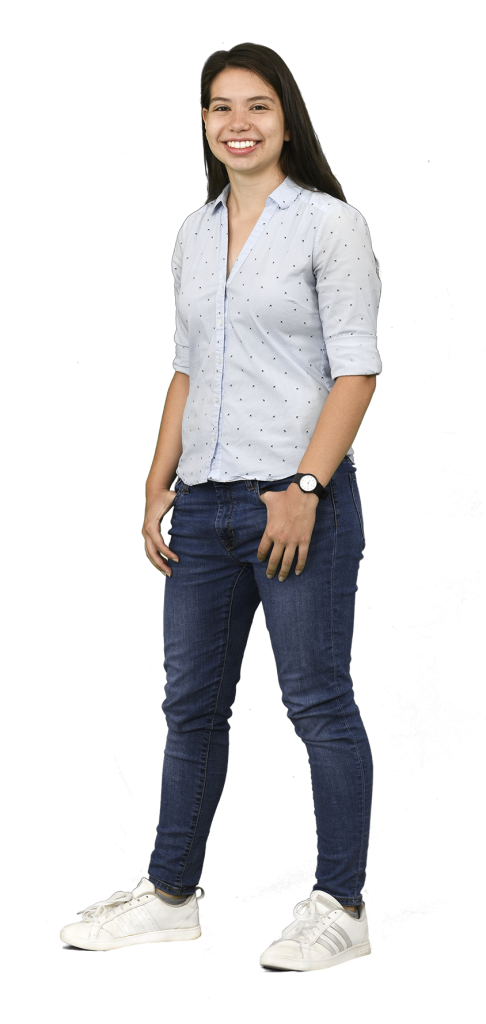Q&A: Ana Sofia Uzsoy
Ana Sofia Uzsoy '21, the third-ever Churchill Scholar selected from NC State, was recently interviewed in the College of Engineering magazine.
By Engineering Communications | College of Engineering News
Ana Sofia Uzsoy ’21 (computer science, physics) is the third-ever Churchill Scholar to be selected from NC State. She will study at the University of Cambridge for a year, along with Nikhil Milind ’21 (computer science, genetics), who was announced as the university’s fourth scholar in July.

Why did you choose NC State?
The biggest attraction was the Park Scholarships program, which provides not only financial support, but also enrichment opportunities and a wonderful community. I also appreciated that NC State accepted all of the credits I earned during high school, which was critical for me to complete my double major and two minors in four years.
What drew you to your two majors, and do you want to continue pursuing research in both fields?
As a kid, I was fascinated by outer space and thought I wanted to study astronomy. When I got to high school, I started taking physics classes, and found that it was something I enjoyed and seemed to be decent at. A lot of it does not come easily at first, but it’s taught me the value of perseverance and hard work.
I was pretty late to the game in computer science — in high school, I knew other students who coded, and it seemed so elusive and complicated. But, I took CSC 116, the introductory programming class at NC State, and I was hooked and went on to complete the entire major. I love how versatile computer science is — it can be used to solve problems in every field.
I would like to continue developing my skills in both areas. While my main research interests lie in astrophysics, a significant amount of programming is needed to perform data analysis and conduct simulations.
How did you become interested in machine learning?
I had been hearing about machine learning and the amazing things it was capable of, but I didn’t really understand what it was or how it worked. I was lucky to be able to intern at NASA in the summer of 2019, where I learned the ropes of machine learning and used it to analyze data from the International Space Station. In the summer of 2020, I interned at Google and continued developing my machine learning skills by creating natural language processing models. These experiences helped me understand not only how powerful machine learning can be, but also how much there is left to learn about it.
What are you most looking forward to about studying abroad in Cambridge?
I am looking forward to meeting people from all over the world and experiencing life in another country. I’m sure I will make so many memories and grow so much from the experience.
How do you plan to spend your year there?
The degree I’m doing is half coursework, half research. I’m looking forward to the coursework because it will help me develop a solid foundation in machine learning, and because I’m so curious about so many things! I’d like to use this opportunity to explore research areas that I don’t have experience in, such as computer vision or numerical methods.
What are your long-term plans?
After my year in the UK, I’ll move to Cambridge, Mass., to start my Ph.D. in astronomy at Harvard. I’m especially interested in applying machine learning and other advanced computational techniques to astronomical datasets. I would love to become a professor, or a research scientist. In general, anywhere I can use computers to solve scientific problems, I’ll be happy.
This article was originally published on page three of the fall/winter 2021 issue of the NC State College of Engineering magazine.

